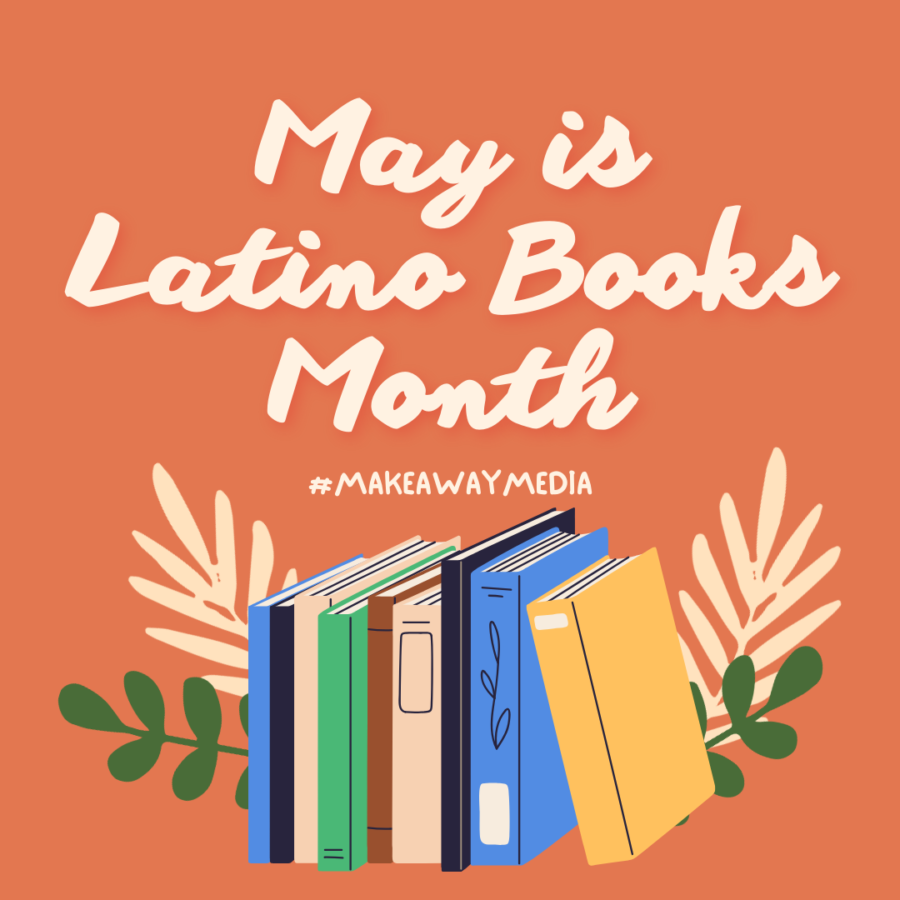Reading enhances and improves one’s empathy. What better way to understand people’s experiences and cultures than to immerse ourselves in their lives via our imagination for 10-, 15- or 20-minutes a day (or more)?
The American Association of Publishers has designated May as Latino Books Month to help promote books written by Latino/a authors among librarians, publishers, and anyone who loves to read. If you haven’t dipped your toes into books by Latino/a authors, May is a great time to do so. We’ve got some suggestions for where to begin.

Luna Oscura, written and illustrated by Heidi Moreno, is an English/Spanish book about a black cat who is isolated from other cats because they have superstitious beliefs about black cats. If you’re looking for a picture book that shows the power of acceptance and belonging, this would be a great book to check out from your local library or purchase from your local independent bookstore.
A book for middle school readers is Summer of the Mariposas by Guadalupe Garcia McCall, which is a retelling of Homer’s Odyssey but from a Mexican-American viewpoint. The four protagonist sisters must make a journey; while on it, they discover magic and strange mythological creatures and learn a lot about themselves.
A book for high schoolers and young adults that tells a compelling story is I Am Not Your Perfect Mexican Daughter by Erika L. Sanchez, a finalist for the National Book Award. It is a story told from Julia’s perspective after her sister Olga is accidentally killed in a traffic accident. She learns that Olga carried some heavy secrets that could tear the grieving family apart.
If you have a young person in your life who enjoys science fiction, they may find The Last Cuentista by Donna Barba Higuera to be right up their alley. This Newbery Award-winning novel is about a girl named Petra who travels into space with her family when the Earth is dying. But the plan for how things will be when they awake from deep sleep is much altered, and Petra learns that colonization of a new planet may not happen as she expects.
An important reminder: these months are never “just” for the group mentioned in the tagline. We should all be reading stories with characters who do not look like us. Encourage this as a practice in your own home, schools, and communities. This is how we make the world a more loving, accepting, and inclusive home for all of us.

